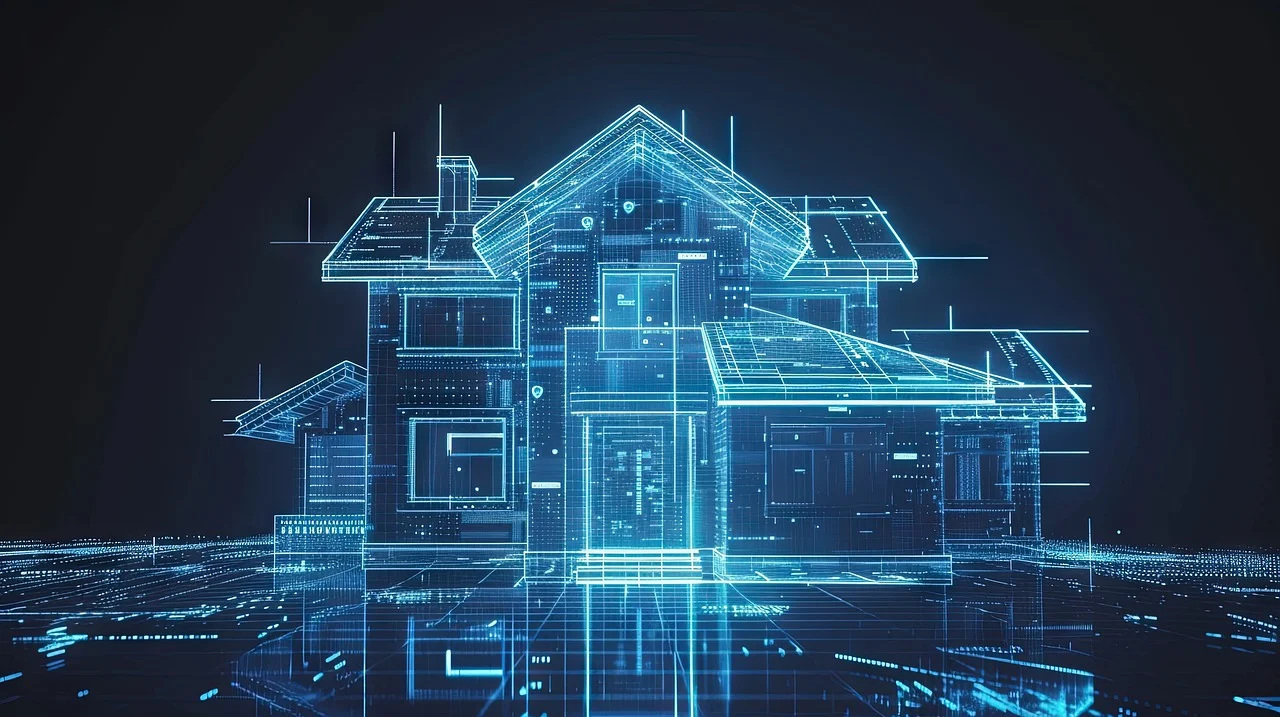
The Matter standard, originally launched as Project Connected Home over IP, has quickly become a significant player in the smart home arena. Supported by major tech giants like Amazon, Apple, Google, and Samsung, this open-source protocol aims to ensure that smart home devices work seamlessly across various ecosystems, fostering an environment where compatibility is no longer an issue for consumers.
Platform Hesitance Stifles Full Potential
Despite the broad industry backing and the promise of streamlined smart home setups, Matter’s potential is not yet fully realized. The crux of the issue lies with the varying degrees of integration by the platforms themselves. For instance, while new devices are being designed to comply with the Matter standard, the updates necessary to make existing devices compatible are lagging. This results in a paradox where the standard that aims to unify smart home technology also faces division due to platform-specific adaptations and support delays.
Technical Innovations and Challenges
Matter operates by enabling IP networking among devices using Bluetooth Low Energy and WiFi, simplifying the connection of physical devices, apps, and cloud services. This technological foundation is designed to end the era of using multiple apps for different devices, aiming instead for a unified approach to control and automation.
Future Prospects and Industry Impact
Looking forward, the success of Matter hinges not just on the adoption by device manufacturers but also on the willingness of platform providers to embrace and integrate this standard comprehensively. The promise of a unified smart home environment is appealing, but the real test will be in overcoming the commercial and technical hurdles that currently hamper its full-scale implementation.
As the Matter standard continues to evolve, its role in promoting energy efficiency and reducing the carbon footprint of smart homes positions it as a pivotal player in the fight against global climate change, making it a technology worth watching.


















